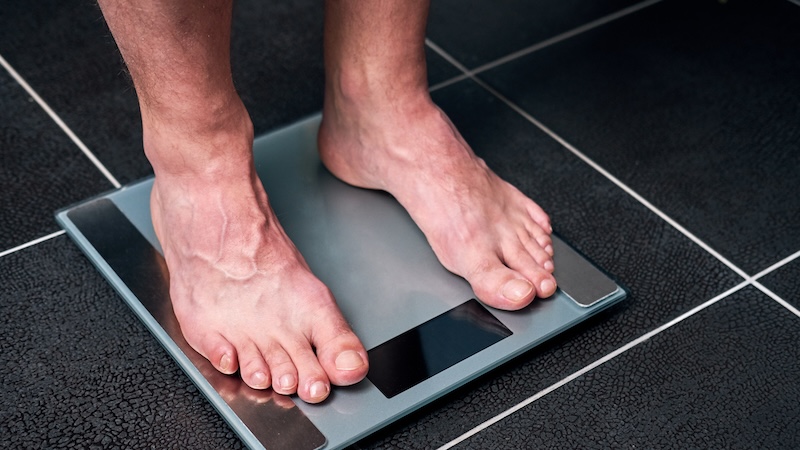Health: 5 Easy Eating Habits for a Healthy Gut
Your gut likes to be wined and dined every once in awhile, too

A healthy gut is the foundation of overall health and wellness, regulating immune health, supporting mental well-being, and encouraging the body’s natural detoxification functions. And yet, many people struggle with digestive issues.
For many gastrointestinal (GI) disorders, medical intervention is necessary, and if you experience chronic distress you should see your doctor immediately. But for some of us, the inconvenient daily bloating, constipation or cramping can be addressed by taking small, consistent actions. These five steps may help you stay regular and healthy.
1. Eat both prebiotic and probiotic foods
Probiotics are live microorganisms that act as helpful bacteria in our guts. Prebiotics are a type of carbohydrate, found mostly in fiber-rich fruits and vegetables, that provides a good source of resistant starches which are not digestible by your body. Foods naturally rich in probiotics are fermented foods such as sauerkraut, kombucha and miso, as well as yogurt. For your prebiotic fix choose slightly underripe bananas, garlic, onions, leeks, legumes, oats and Jerusalem artichokes.
2. Hydrate
“Drinking water before, during and after a meal helps your body break down the food more effectively to get the most out of your meals,” says Rebecca Ditkoff, M.P.H., R.D., C.D.N., founder of Nutrition by RD. “Water also plays an important role in dissolving vitamins, minerals and other nutrients.” It also helps prevent constipation. So drink up to keep things running smoothly.
3. Slow down and chew
Many of us are guilty of eating meals while checking email or standing up at the kitchen counter, often gulping everything down with the minimal amount of chewing necessary. However, chewing is an essential part of digestion. When we chew our food, our mouth releases digestive enzymes that start to break down the food before it even gets to our stomachs. Chewing your food well can reduce post-meal bloating and other GI issues, and lead to a much more healthy gut. Next time you eat, take the time to consciously think about chewing each bite before swallowing.
4. Figure out food sensitivities
It’s important to know what foods affect our unique systems, and what foods might be causing inflammation or other side effects. Note that there is a big difference between being sensitive to a food and being intolerant of it. As an example, think about gluten. Some people might find that their digestion is a little off when they eat gluten, or that their joints swell after indulging in pastries.
However, someone with celiac disease, who is truly intolerant of gluten, will exhibit an immune reaction to consuming gluten that damages the intestines and can produce extreme bloating, a body-wide rash and other symptoms. Work with a health professional who can help guide you through an elimination diet or food tracking.
5. Choose smoothies over juices
Many people are drawn to juicing as a way to “cleanse” the system and get some concentrated nutrition. While the intent is good, the truth is that juicing fruits and vegetables strips them of their fiber, leaving behind just the sugar.
The fiber in the pulp of fruits and vegetables can help keep your digestive system running regularly and also helps slow down the absorption of sugar into your bloodstream, preventing between-meal crashes. Additionally, blending gives you more volume than juicing, which can leave you more satiated and less likely to reach for snacks all day long.
And for even more wellness tips, visit our health page!
Real Simple magazine provides smart, realistic solutions to everyday challenges. Online at www.realsimple.com.
©2021 Meredith Corporation. Distributed by Tribune Content Agency, LLC.


